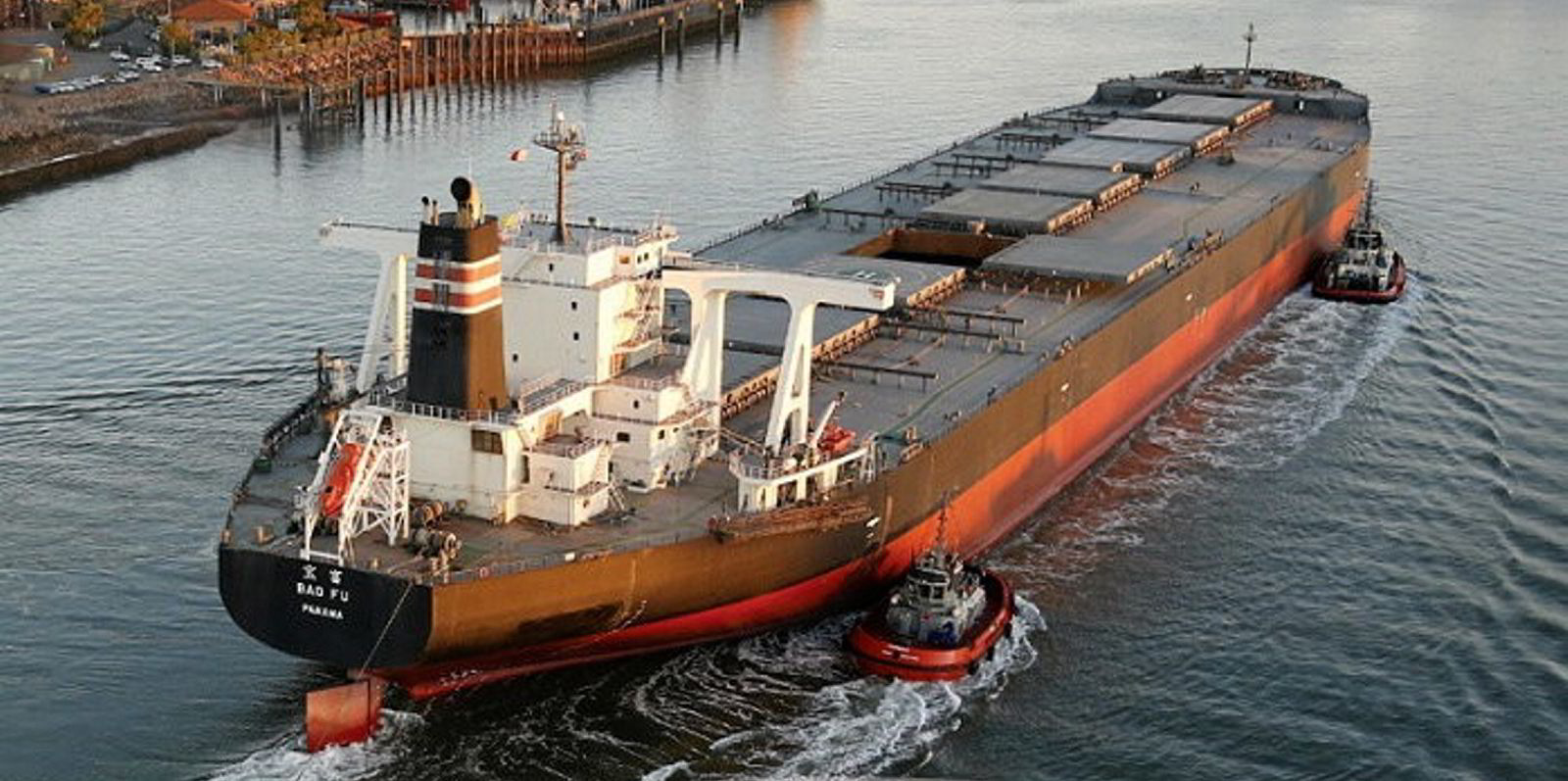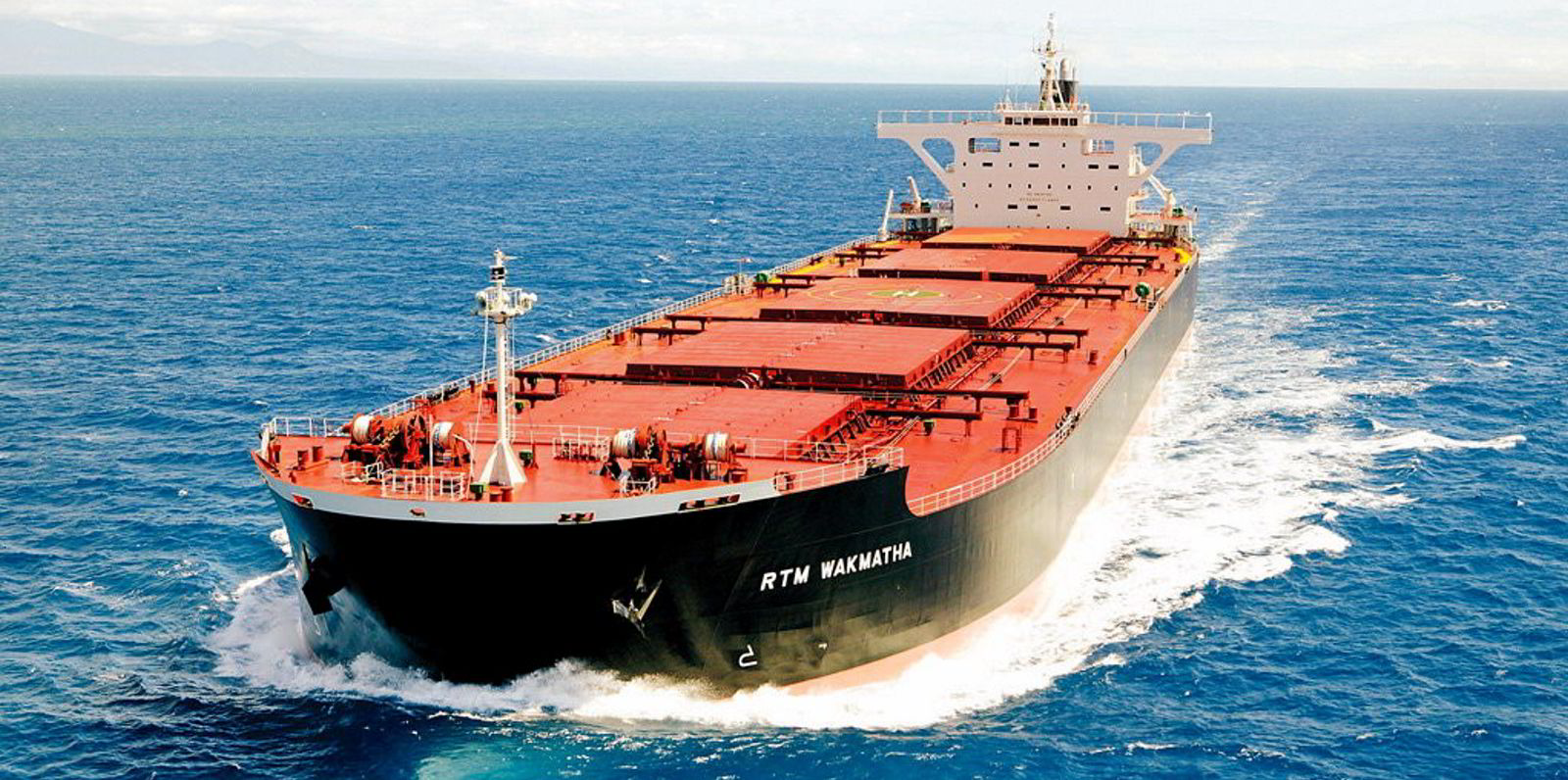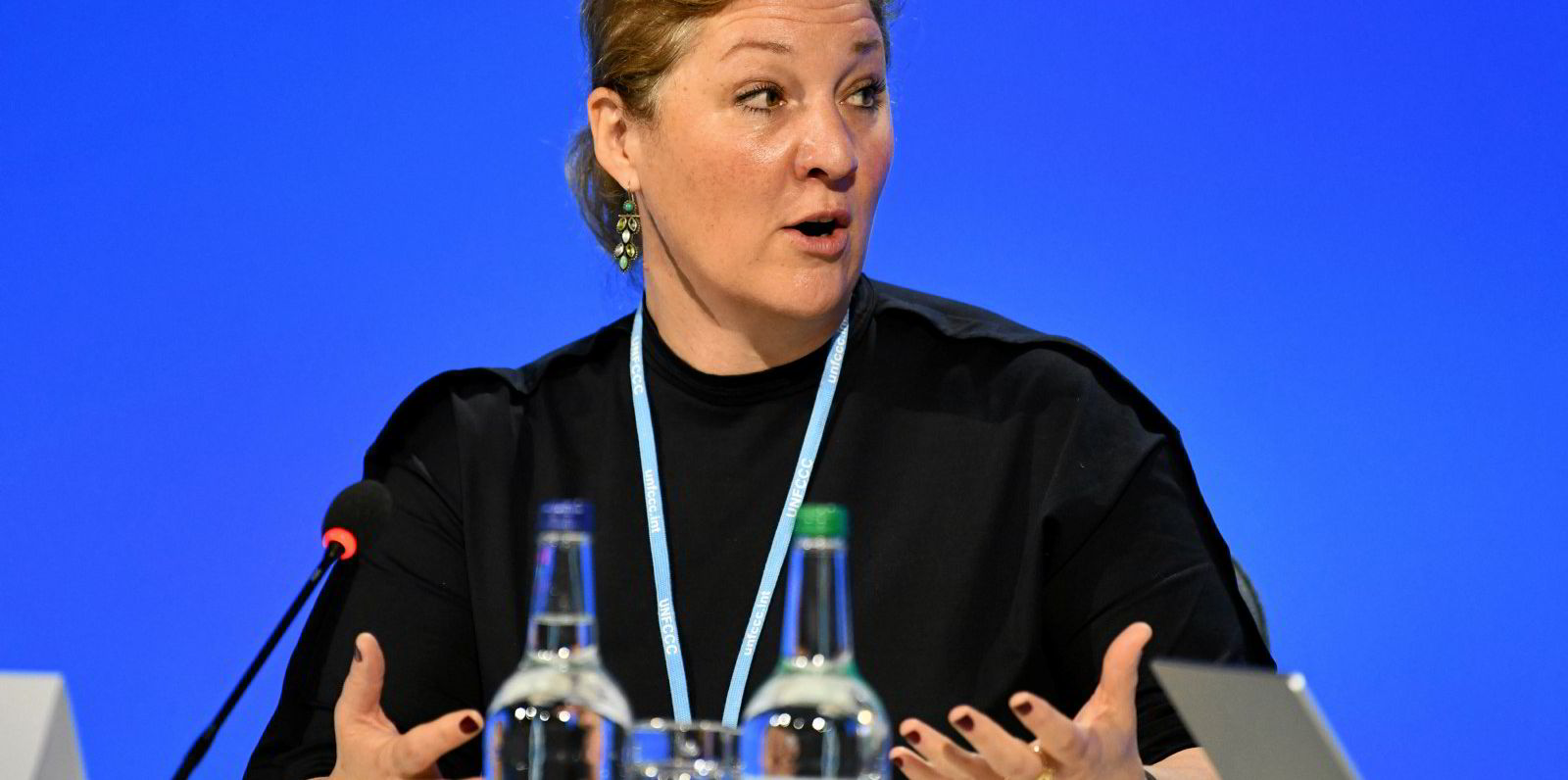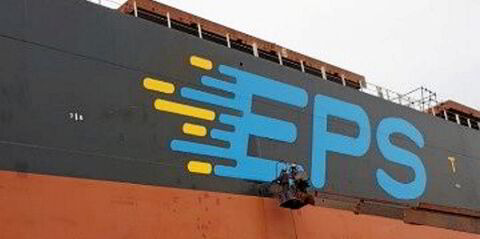BHP Group has warned that iron ore producers face more volatility ahead from a combination of increasing costs and uncertainty over Chinese demand.
The comments came despite the world’s second-largest iron ore producer delivering record full-year sales volumes from its iron ore business in Western Australia.
“Broader market volatility continues, and we expect the lag effect of inflationary pressures to continue through the 2023 financial year, along with labour market tightness and supply chain constraints,” said BHP chief executive Mike Henry.
“Over the year ahead, China is expected to contribute positively to growth as stimulus policies take effect, however, the continuing conflict in Ukraine, the unfolding energy crisis in Europe and policy tightening globally are expected to result in an overall slowing of global growth.”
BHP said total iron ore production for the 2022 financial year was in line with the prior period at 253m tons. Production for the 2023 financial year is expected to be between 249 and 260m tons.
Commodities prices have slumped in recent months as demand wavers in China and forecasts multiply for recessions across developed economies, reported Bloomberg.
Iron ore, the biggest earner for BHP, plunged below $100 a ton last week as China tackled fresh turmoil in its beleaguered property market.
Asia’s biggest economy grew by only 0.4% last quarter, and there’s uncertainty over when government steps to shore up the economy will take effect.
BHP’s shipments of iron ore from Western Australia’s Pilbara region were 72.8m tons in the three months ended 30 June 2022, down 1.2% from a year earlier and up 8.5% from the previous quarter.
“There’s definitely been more uncertainty seen in some time and that’s been reflected in the outlook provided by BHP and Rio,” David Radclyffe, senior mining analyst at Global Mining Research told Bloomberg.
Bimco reported last week that China’s imports of iron ore in the first half of 2022 were down 3.2% on the back of weak demand and low economic growth.
Given the lower requirements for iron ore, not only have exports to China declined, but there has also been a build-up of inventories in steel mills and ports, the trade association said.
Bimco’s chief shipping analyst Niels Rasmussen said: “With China accounting for 71% of total iron ore trade, and iron ore accounting for 74% of cargo handled by capesizes, this slowdown has greatly affected the segment.
“The Baltic Capesize Index has remained volatile so far in 2022, peaking on 23 May at 4,602 points followed by a sharp decline during June to an average of 2,518 points.”





